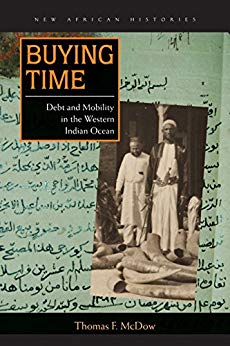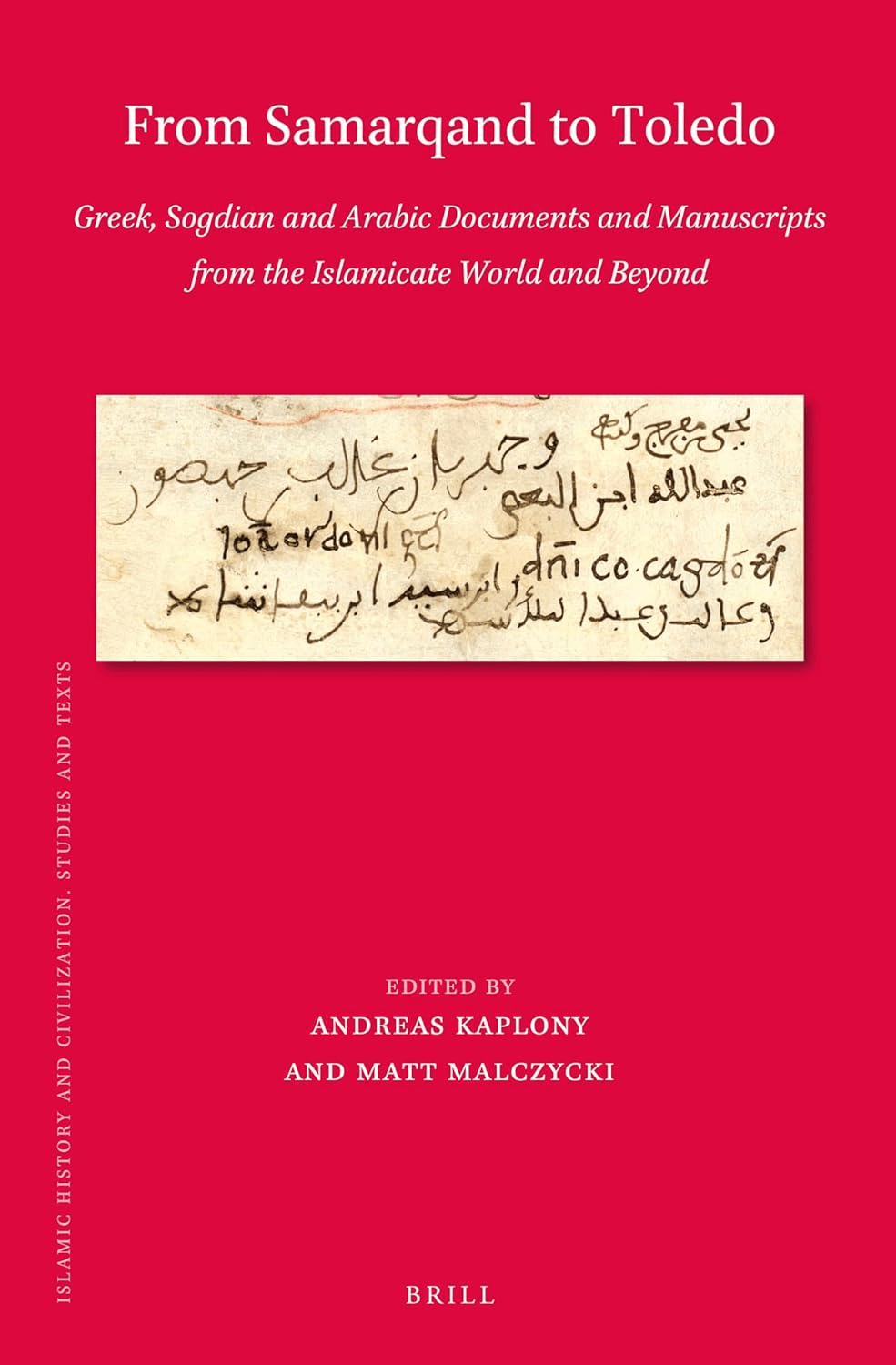
Buying Time: Debt and Mobility in the Western Indian Ocean
Charles O. Cecil
Thomas F. McDow
2018, Ohio UP, 9-780-82142-282-3, $34.95 pb.
This study of the economic and environmental factors influencing Omani migration to East Africa during the 18th and 19th centuries accomplishes a neat feat: It is not only a comprehensive synthesis of 200 years of history, but also a highly readable volume that links the fascinating stories of people to official records reflecting their relationships. Drawing on hundreds of documents in the Zanzibar archives, the author paints a complex picture of an interconnected world before European colonialism began to disrupt and replace ties between Arabia and Africa. Examining the forces of kinship, credit and client-patron relationships, he explains the extent to which Arab, Omani and Indian Ocean culture penetrated to the Lake regions of Central Africa, within the context of economic and religious tensions in the Omani heartland, while illustrating the gradual expansion of British influence and control. An epilog relates this history to late-20th-century developments as the pendulum of prosperity swung from Zanzibar to Oman following the discovery of oil there in the late 1950s, the Zanzibar revolution of 1964 and the accession of Sultan Qabus ibn Said in 1970.
You may also be interested in...

Old Documents Shed New Light on History in Book Connected to Ancient Islamic World
The painstaking work to recover history—one page at a time—is on brilliant display in this collection of essays focusing on early Arabic, Coptic, Greek, Hebrew, Latin and Sogdian manuscripts.
Archaeology and Geology of Ancient Egyptian Stones—Book Review
In categorizing the stones the ancient Egyptians used, author James A. Harrell unites geology, archeology and cultural history in one monumental reference.